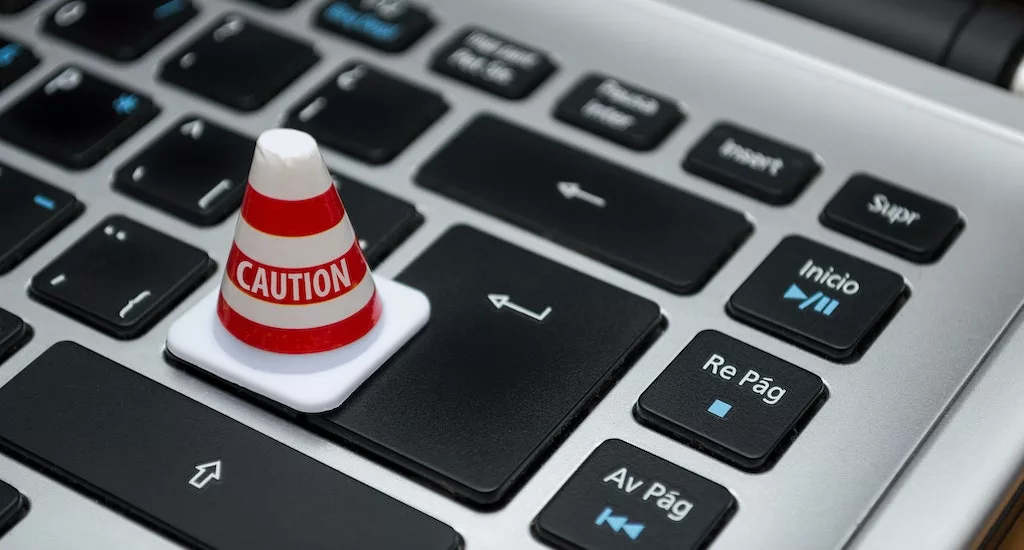Data breaches and cybersecurity have become increasingly prominent headlines recently, with hackers constantly trying to break into prominent firms. As a result, companies need to be vigilant by protecting themselves from data breaches and all related consequences. Business leaders can help protect their companies against future data breaches by staying proactive in safeguarding their computer systems.
This will help protect the company from the consequences of a data breach, which can include the loss of customer trust, lost business, legal risk, and regulatory action. In addition, by strengthening the network defenses, you can avoid casting an image that could be detrimental to your brand. It also helps to avoid the costs of a data breach, which can be extremely costly. The following article provides five tips to help safeguard your firm against data breaches.
1. Establish and Enforce Policy
Data is at the heart of every company, and you need to know what data your employees have access to. Creating a policy that clearly outlines the information your employees and contractors can access is crucial. In addition, it is essential to enforce this Policy and ensure that all employees are aware of its contents.
Your Policy should address the type and amount of data and the method they use to share such information with other personnel. It is also essential to create a system where you can quickly detect any unauthorized access to confidential information. This allows you to act quickly in stopping any potential leaks or unauthorized sharing, usually through email or instant messages. Your Policy can also address how employees should use company laptops and mobile devices on and off-site.
2. Maintain an Effective Security Response Plan
Another effective way to protect your business data is by implementing an effective response plan that provides guidance. You should include steps for both employees and management. Your employees must know what information to report and where to report it. Management needs to understand how they can work with law enforcement officials and remain in compliance with standards.
Coordinating this guideline in advance helps ensure that your response is swift and effective. In addition, you need to have a backup and recovery plan that includes your data backup strategy. This plan will help ensure you do not lose any vital information and can quickly recover from the breach. Your firm should consider speaking with consultants about assessing your organization’s ISO27001 compliance in Australia. They can also help you identify weaknesses before they become a problem and ensure you are following local regulations. That way, you can implement an effective response to counter data breaches.
3. Train Employees
Every employee plays a vital role in safeguarding the data of their firm. Therefore, it is crucial to develop an effective training program that educates your employees on data security best practices. They should learn how to handle sensitive information properly and how they can help protect against data breaches and cyberattacks. By informing your employees, they will be more aware of potential threats and necessary actions in the event of a breach.
4. Data Encryption
Encryption is essential in safeguarding sensitive data and ensuring it is not accessed by unauthorized personnel. Data encryption involves converting data into a scrambled format accessible by authorized personnel with the proper decryption key. This key is generally referred to as a cryptographic key, generated randomly to ensure it is complex.
Building a system that encrypts all data at the column level is also crucial. This means that you store your data in an encrypted format. This helps ensure that hackers will not be able to decipher the encrypted information and access company data in the event of a breach. A stolen device will not contain any sensitive information if adequately encrypted.
5. Secure All Devices
If you have enabled your employees to use mobile and laptop devices for work purposes, you must secure these devices. You must ensure that you secure any physical device with a four-digit passcode. In addition, mobile devices should contain the minimal amount of sensitive data necessary for work purposes. It is important to have designated folders or email addresses to send vital information. This can help avoid your device from becoming a target and being hacked.
Conclusion
By following these tips, you can establish an effective cybersecurity program to protect your network and firm from data breaches. It will help minimize any potential damage from an attack and can help minimize the consequences that could result if a breach occurs. You must also keep up with the latest threats, such as phishing emails and spear-phishing attempts via social media.
